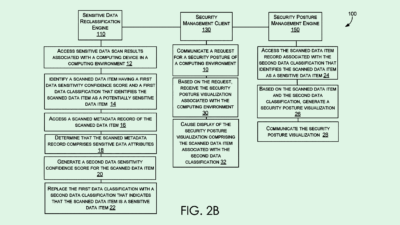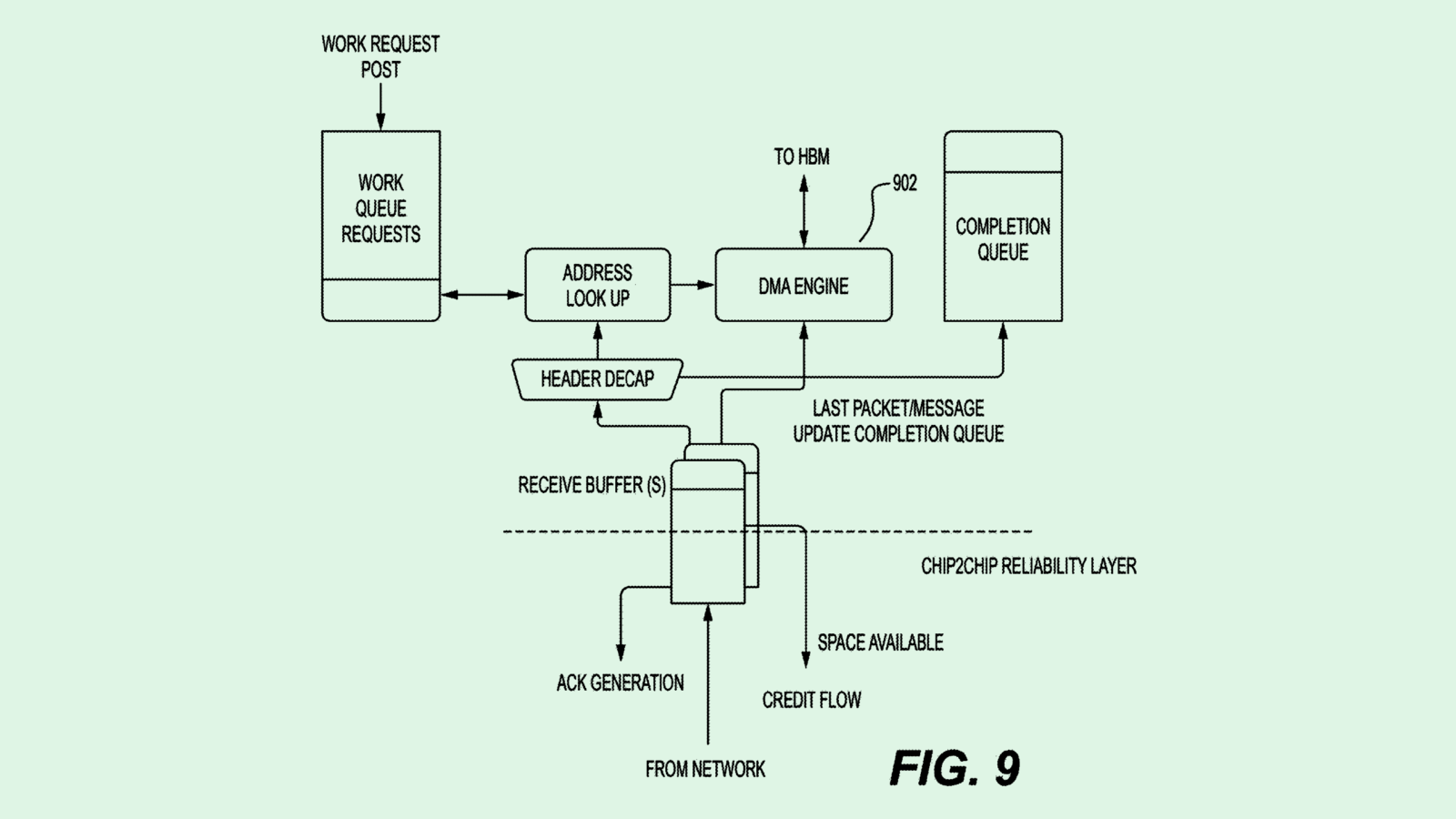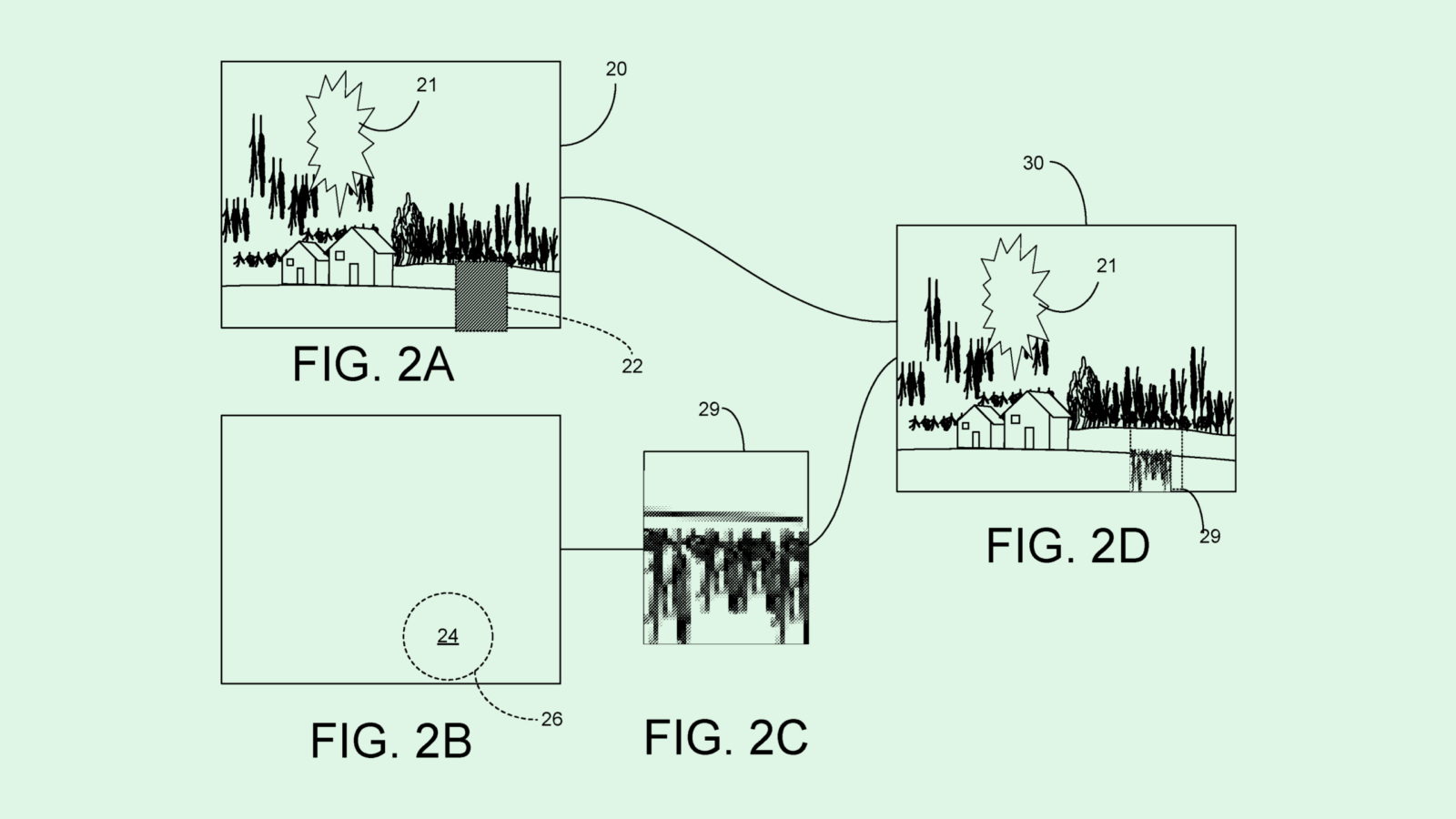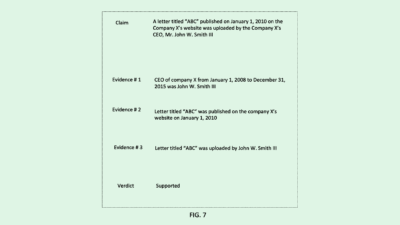Meta Wants to Put The Metaverse to Work
Meta sunk a lot of cash into its metaverse bet. Now, it wants it to work.
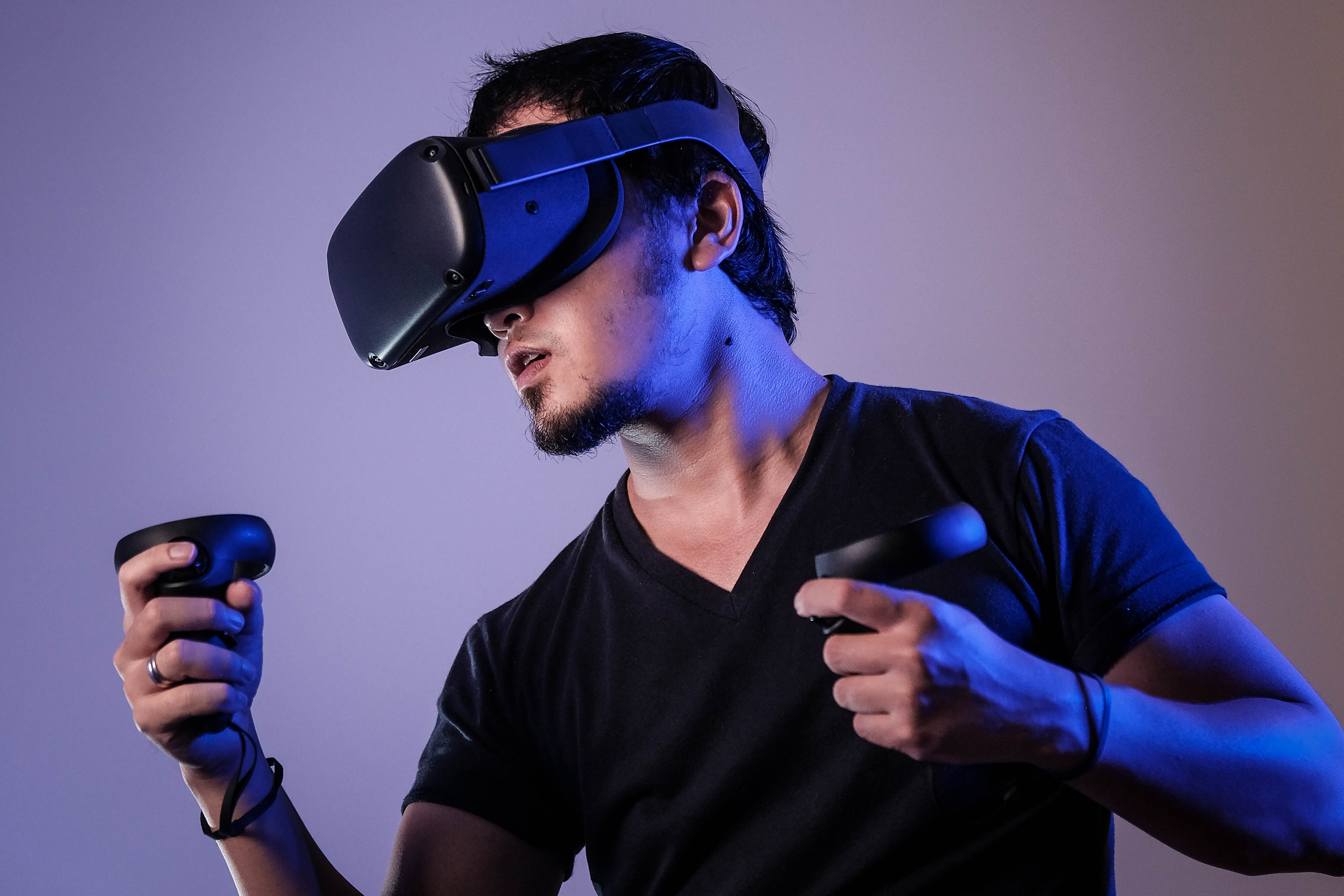
Sign up to uncover the latest in emerging technology.
Meta wants extended reality to go farther than just entertainment.
The company filed a patent application simply titled “Work in VR.” Meta’s intention seems to be enabling a more seamless work experience in a VR environment, tackling the privacy risks that may come with working in VR, allowing for private conferencing and figuring out interoperability problems.
“Remote collaboration systems continue to face problems,” Meta said in the filing. “For example, the diverse set of client devices participating in a shared remote session can pose interoperability challenges and security risks.”
Meta’s patent details a system to allow a subset of users within a shared artificial reality environment to participate in a private conference, assigning one person as a session manager to grant private audio and video permissions to certain users without interrupting the environment as a whole. The people that join these conferences can do so through a host of different devices, Meta noted, including both AR and VR devices, as well as “flat-panel outputs – such as laptops or mobile phones,” and those are accounted for in the display of the environment.
Conferencing aside, Meta’s patent also details a way to build an extended reality shared workplace that includes visual displays of colleagues virtually “ such as captured video (or) a hologram” and real-world colleagues using passthrough. This also includes accounting for both real-world and virtual objects with which users can interact.

This isn’t the first indication that Meta has wanted its extended reality tech to become one with the workplace. In September, the company reportedly started working on an ad campaign marketing its VR headsets as work tools, featuring people using the headsets to assist with sports, medicine and welding.
And it adds up why the company would want to target that vertical: Bringing together remote workplaces using enterprise extended reality has the potential to be a big moneymaker for Meta, said Jake Maymar, VP of Innovation at The Glimpse Group. And given that the company has lost roughly $21 billion on its metaverse bet in the last two years, looking for ways to recoup only makes sense.
But one of the biggest problems with VR specifically is that it’s an isolated experience, he said. When you’re in it, it’s just you and the headset. And without capabilities like seamless passthrough that allows users to see the real world beyond the virtual one, or leveraging augmented reality, people are more likely to just ditch the VR headset for real-life interactions. Meta’s patent essentially aims to surpass these roadblocks by solving the problem of interoperability between devices.
“Right now, VR is a very lonely world,” said Maymar. “AR is critical … it’s going to be the one with the most mass adoption.”
Plus, solving the security and privacy issue could be another plus, making companies more comfortable to divulge the details in VR if they know nothing they say will leave the virtual room, he noted. “If you’re in a hybrid of an AR/VR world, but you want to have private conversations, but you still want to be part of the group.”



